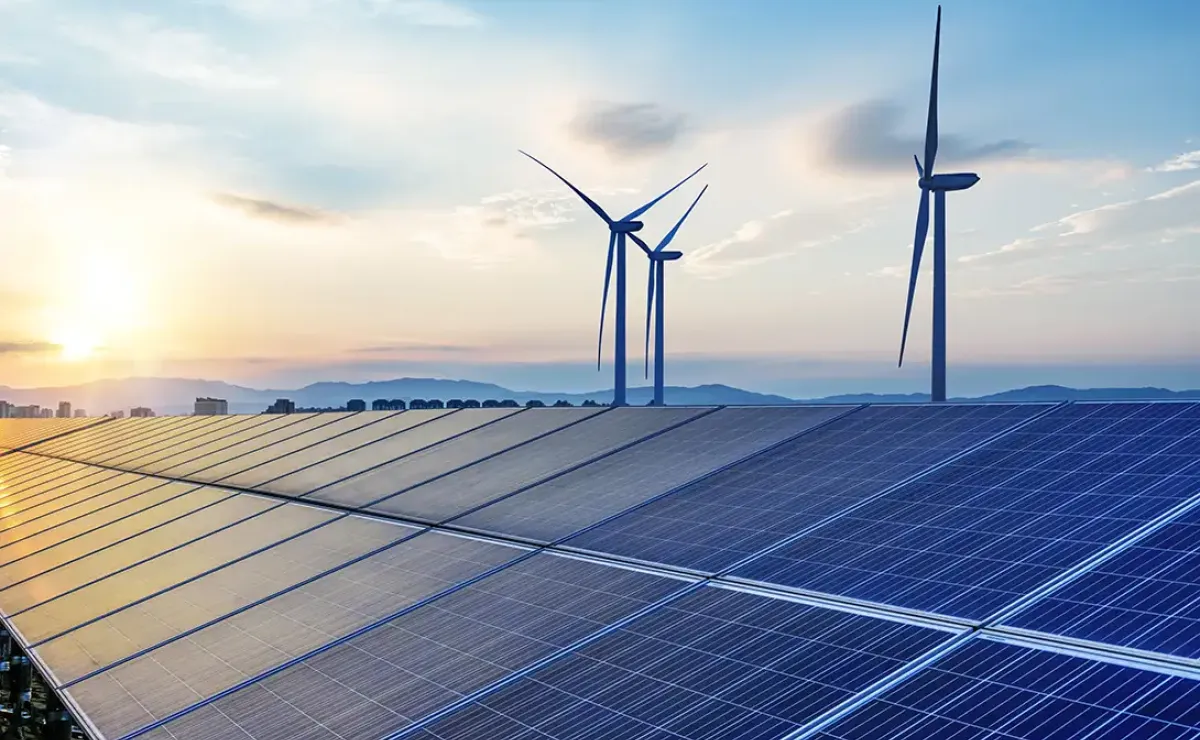The social economy is a key tool for reaching sustainable development. Cooperatives, mutual societies or social companies do not put their focus on obtaining profits, but rather ensuring that the impact on the community is at the same level, far from the traditional capitalist model.
The climate is changing and the population must face up to extreme weather conditions more often: heat waves, torrential rainfall or droughts. And both the economy and the people are going to be affected by climate change.
According to the population figures estimated by the United Nations Organisation (UN), in 2050 almost three planet Earths would be needed to provide enough natural resources to maintain the current way of life. Owing to the fact that their identity is based on ethics and values, cooperatives understand that their businesses cannot survive in the long term without responsible environmental practices.
Therefore, the commitment to sustainability is ingrained in their DNA: the agents of social economy are concerned about the surroundings and about the well-being of society in the long term. The Spanish Observatory for the Spanish Economy indicates that the organisations adopt sustainable practices that include the efficient management of resources and the reduction of polluting emissions.
In fact, the International Cooperative Alliance (ICA) indicates that cooperatives are in a unique position to make their members aware about the importance of reducing their carbon footprint and associating with governments and the private sector to drastically reduce greenhouse effect gas emissions.
Social economy and circularity
The social economy and the circular economy have a great deal in common. This new production and consumption paradigm is focused on optimising the resources and minimising the waste generated. It is a sustainable economic model that seeks to reduce the ecological footprint, promoting actions such as recycling or the reuse of products.
A European Commission report emphasises the fact that cooperatives and social companies are leading initiatives for recycling, reuse and waste reduction, making a significant contribution to environmental sustainability.
The organisations from the social economy invest in renewable energies and promote energy efficiency. The World Bank stresses that the sustainable management of natural resources by these entities contributes to the inclusive economic growth and to the reduction of poverty, at the same time as it protects the environment.
Better prepared before the crisis
The social economy has a more resilient fabric than other companies. These companies, which are based on the principle of social and environmental responsibility, show a greater capacity for adapting to environmental challenges.
The European Environment Agency highlights the fact that these organisations implement sustainable practices that contribute to the resilience against climate change.
The organisation indicates that the linear economic model (the transformation of raw materials to create products that are then used, consumed and discarded) leads to pollution, the accumulation of waste and the destruction of the biodiversity.
Many cooperatives date back to the Great Depression in the 1930s and they continue to be active. Additionally, they resisted the 2008 financial crisis, while many companies using the capitalist model did not survive.


